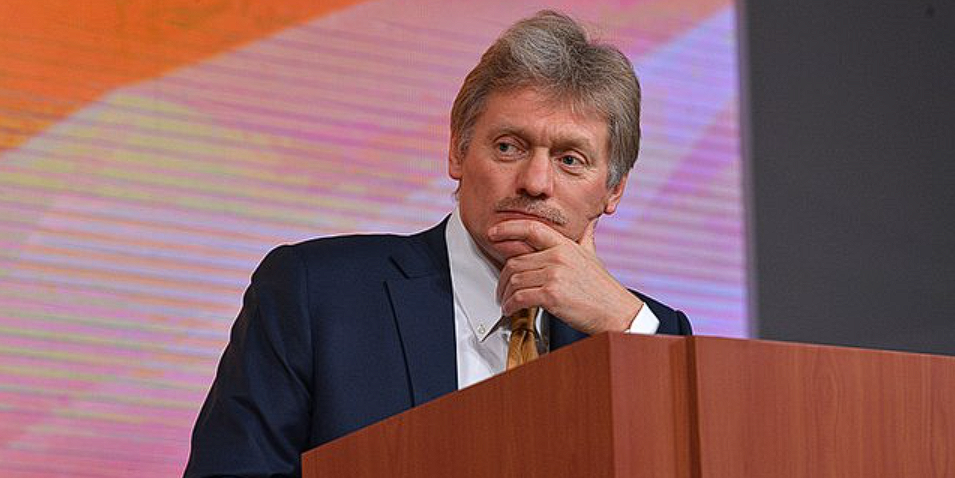Others are reading now
Recent heightened discussions in Sweden regarding the potential risks of war have not gone unnoticed in Russia, leading to a wave of mockery and skepticism from Russian officials.
One prominent voice in this discourse is Aleksej Pusjkov, chairman of the information committee in the Russian senate and a key ally of Vladimir Putin. Pusjkov took to social media to express his views, suggesting that these warnings are an attempt to ascribe a geopolitical importance to Sweden that, in his opinion, it does not possess.
The sharpened rhetoric in Sweden was particularly evident at the defense conference “Folk och försvar” in Sälen. Carl-Oskar Bohlin, Sweden’s Civil Defense Minister, did not mince words when he addressed the possibility of war in Sweden, saying, “Many have said it before me, but let me do it with the power of the office: There can be war in Sweden.”
Also read
Similarly, Sweden’s Supreme Commander Micael Bydén emphasized the seriousness of the situation in an appearance on “Nyhetsmorgon,” urging individual-level mental preparedness.
The escalating tone in Sweden’s defense discourse has captured international media attention, making headlines not only in Nordic countries but also in prominent publications like Newsweek and, notably, in Russia. Russia’s response, however, has been one of dismissal and ridicule, with Pusjkov deriding the claims as absurd, citing years of what he considers nonsensical suggestions that Russia is preparing to invade Swedish cities like Gothenburg.
This reaction from Russia highlights the complex and often contentious nature of geopolitical narratives and perceptions. While Sweden is raising alarms about potential war risks, possibly influenced by the ongoing conflict in Ukraine, Russian officials seem to be downplaying these concerns, framing them as exaggerated or unfounded. The situation reflects the broader tensions and differing perspectives that characterize the current international political landscape, especially in the context of heightened security concerns in Europe.


